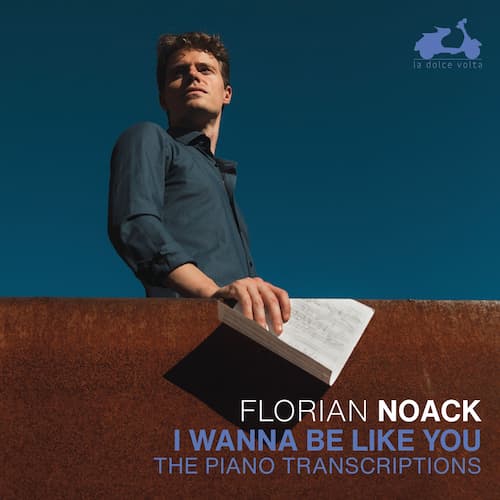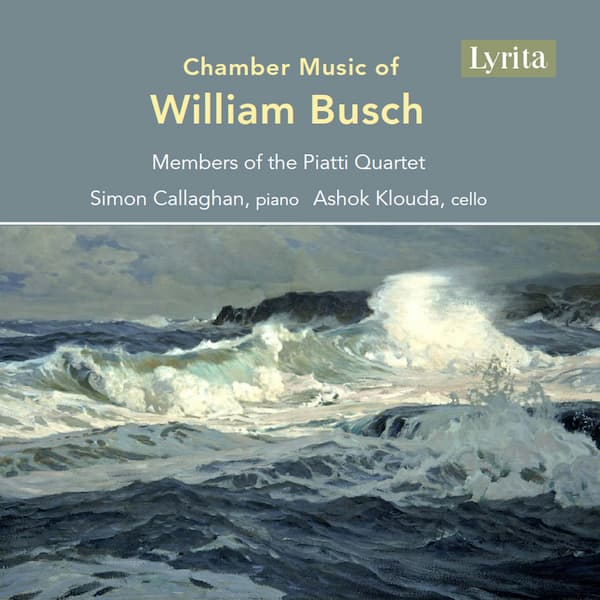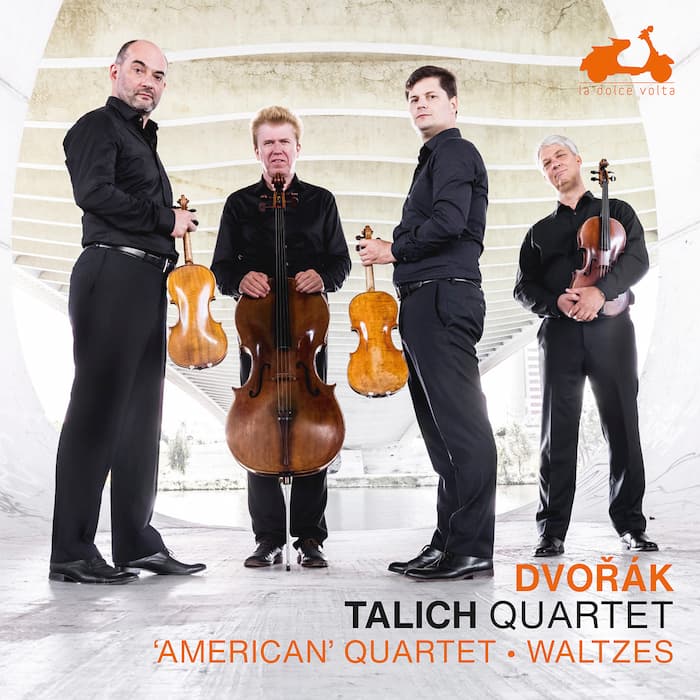Following the commissioning of his first string quartet in 2014, English composer Joseph Phibbs (b. 1974) continued to explore the genre, resulting in his String Quartet No. 2 in 2015, No. 3 in 2018, and now No. 4 in 2024, dedicated to the same ensemble Quartet No. 1 was commissioned by, the Piatti Quartet. Quartet No. 2 was commissioned by the Navarra Quartet, and No. 3 by the Belcea Quartets.
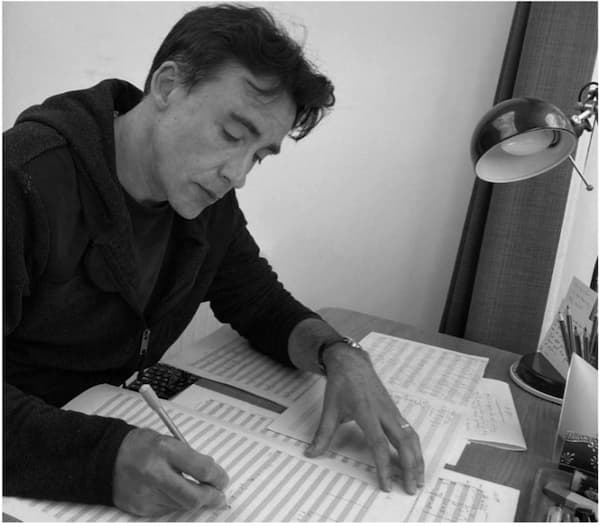
Joseph Phibbs
Phibbs says that much of his music is ‘inspired by light and landscapes (as well as cityscapes)’ with the images drawn from places that have been important to him.
The three quartets on this new recording, performed by the Piatti Quartet and written over a decade, show Phibbs’ exploration of the string quartet genre. Quartet No. 2, written a year after Quartet No. 1, was a challenge for the composer, coming so close after the first quartet. Its effects include alternating shimmering and dark introspection, contrasting bright with slow and shadowy in the first movement. The second movement, Molto allegro, passes material between the four voices, almost as a fugue. Tiny ideas expand and are repeated. The third movement, entitled Interlude, also bears the title (Chitarra). Pizzicato in the cello and viola imitate the low voice of a plucked guitar while the other voices shimmer above. The quartet closes with a Lento affettuoso, opening with a lyrical melody in the first violin, which is taken up by the other voices in turn. A high cello solo brightens the middle section before it all ends in a brilliant ‘blaze of light’ at the top of all the instruments’ registers.
Quartet No. 3, written in 2018 and revised in 2021 for the Belcea Quartet, is dedicated to Phibbs’ teacher, composer Steven Stucky (1949–2016) and the Belcea Quartet. The work was commissioned by the Belcea Quartet and Carnegie Hall and is Phibb’s expansion out of 4-movement form.
The first movement, in changing tempos (Adagio – Allegro – Adagio) is subtitled ‘Illuminations’ after Benjamin Britten’s work of the same name. Phibbs uses the faster middle section to show city lights and colours that go in and out of focus. The second movement, Presto (fugato), takes the finale of Beethoven’s Op 59, No. 3 as its inspiration. The third movement, Notturno e fantasia, opens with a duo for viola and cello before the cello takes its own solo. In the central fantasia, which changes the tempo and the style to semi-improvisatory, the first violin solos.
The fourth movement, Corrente, is designed like a traditional minuet with contrasting trio section. A pizzicato ostinato under a wandering recurring melody is followed by a ‘trio’ section that brings back the light-intensive sound of the first movement. The work closes with a slow vocalise, written for the Belcea Quartet’s violist, Krzysztof Chorzelski, before closing with a brief, fast coda.
String Quartet No. 4 (2024) also has five movements, but now each is a kind of character piece, starting with Film Sequence.
Joseph Phibbs: String Quartet No. 4 – I. Film Sequence
It’s tight and forward-moving, full of repeated notes that become the backdrop for a storyline that runs above. The second movement, Notturno, is a brief contrast between high oscillating strings over the cello playing pizzicato, delicately picking its way through the piece.
Cantilena is the heart of the piece, a singing movement where the melody rises up through the quartet, starting in the cello.
Burlesque, the fourth movement, is a thumping dance before closing with Passacaglia, which closes with an extended cello solo written for the Piatti Quartet’s cellist, Jessie Ann Richardson.
The recording as a whole gives not only the state of the string quartet in the 21st century but also an eye on Joseph Phibbs’ development of the string quartet as a personal statement. He has the freedom to expand from the traditional four-movement format and to move from traditional tempo-based movements to character pieces, freeing both the music and the players.
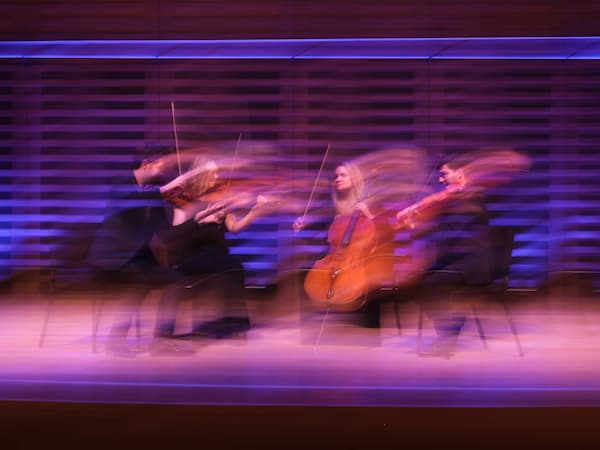
The Piatti Quartet
The Piatti Quartet, Michael Trainor and Emily Holland, violin, Miquel Sobrinho, viola; and Jessie Ann Richardson, cello, are the Resident Quartet at Kings Place, London. Winner of the 2015 Wigmore Hall International String Quartet Competition, they have continued with an extensive list of international performances, broadcasts, and prize-winning recordings.
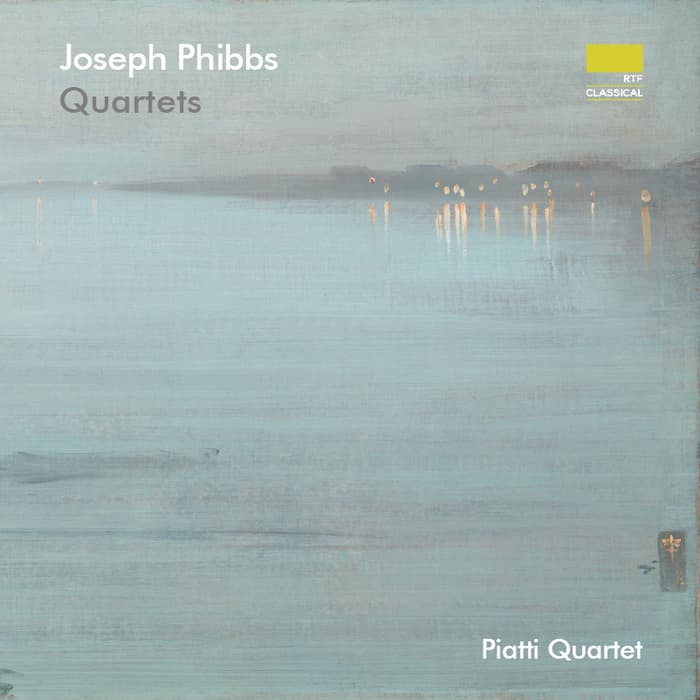
Joseph Phibbs: Quartets
Piatti Quartet
Nimbus Alliance: NI6452
Release date: 1 November 2024
Official Website
For more of the best in classical music, sign up for our E-Newsletter

